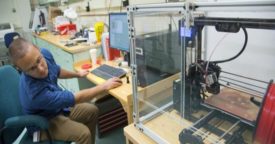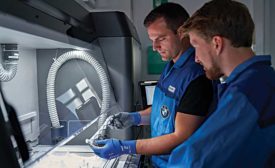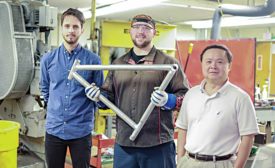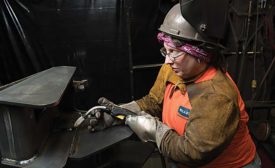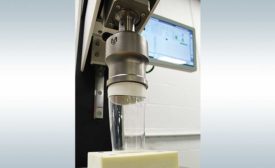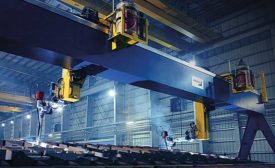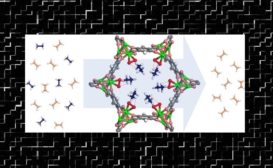Plastics & Metal Welding Assembly
Calculating ROI for Automated Welding Equipment
What’s obvious to manufacturing engineers may not be to the folks who sign the checks
April 5, 2019
What’s New With Ultrasonic Welding
Advanced servo drives and immediate performance feedback are among the technologies that keep ultrasonic welding a go-to method for joining thermoplastic parts.
February 4, 2019
Never miss the latest news and trends driving the manufacturing industry
Stay in the know on the latest assembly trends.
JOIN TODAY!Copyright ©2024. All Rights Reserved BNP Media.
Design, CMS, Hosting & Web Development :: ePublishing
